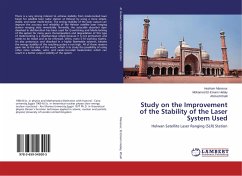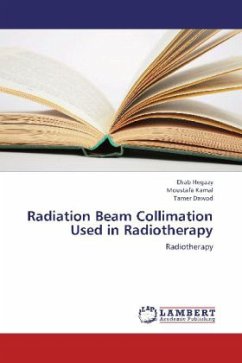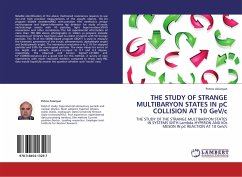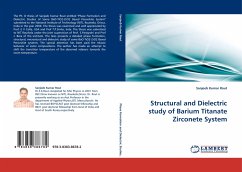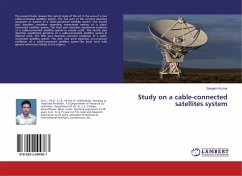There is a very strong interest to achieve stability from mode-locked laser beam for satellite laser radar station at Helwan by using a more simple, stable, and easier mode-locker. The energy stability of the laser output can improve the accuracy and reliability of the Helwan satellite laser ranging station ranging data remarkably. Normally, the saturable absorber dyes dissolved in dichlorethan has been used for Q-switching and Mode-locking of this system for many years. Decomposition and degradation of this type of mode-locking is a disadvantage simply because it is not permanent and needs to be mixed and to be renewed, often, every 5-10 working nights). It's also poisonous; and dissolved in a highly flammable solvents, besides the energy stability of the resulting pulses is not high. All of these reasons gave rise to the idea of this work, which is to study the possibility of using other more suitable, safer, and easier-to-install mode-locker which can result in a better outputstability of the system.
Bitte wählen Sie Ihr Anliegen aus.
Rechnungen
Retourenschein anfordern
Bestellstatus
Storno

